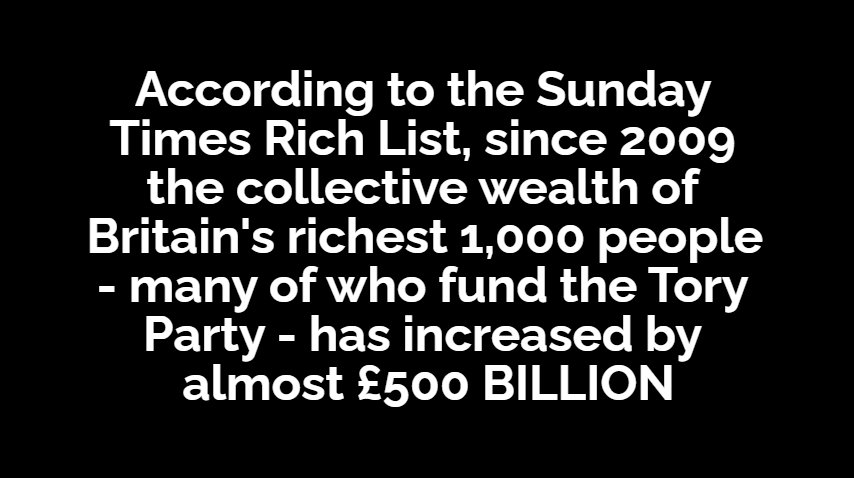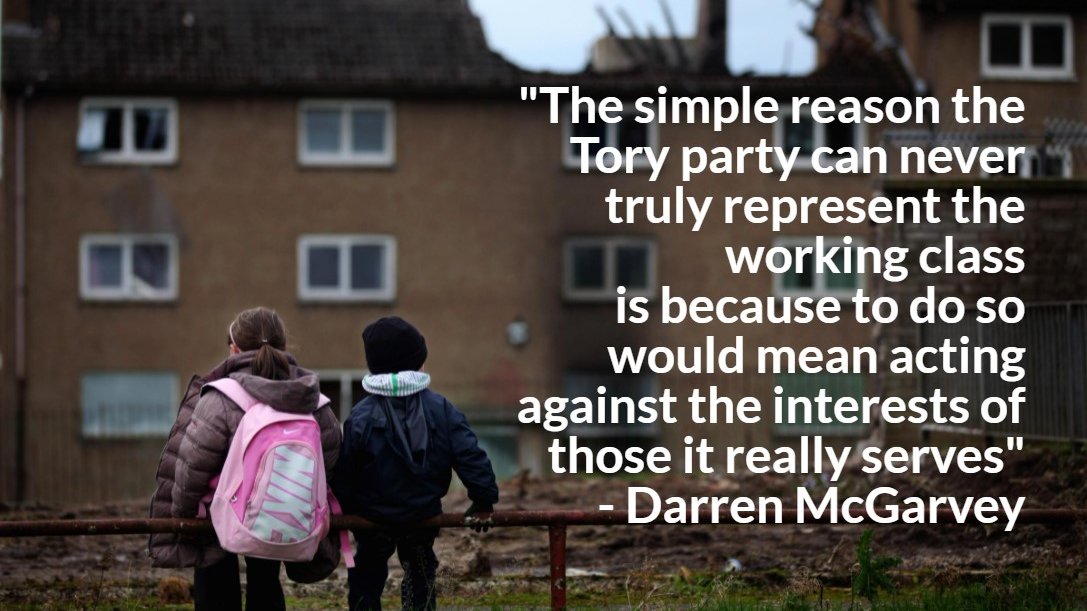'Social justice' refers to the equitable distribution of resources, opportunities, and power within society, as well as the recognition and respect for the rights and dignity of all individuals, regardless of their background or identity.
The evolution of activism, from class-based political movements to identity and social-issues-based activism, demonstrates the dynamic nature of political engagement and the ongoing struggle for social justice in Western democracies.
'Activism' involves various forms of collectivised efforts designed to promote or resist social, political, or environmental change. Dalton identifies two types of citizenship: firstly, active citizenship, which refers to the engagement of citizens in the democratic process.
Activities include voting, participating in political discussions, joining interest groups, and engaging in protests & other forms of activism.
Moreover, active citizens indispensably contribute to promoting social justice and democracy, as their involvement guarantees the diversification and acknowledgement of opinions and concerns addressed within the political framework.
Conversely, passive citizenship describes a disengaged or superficial involvement in political life, characterised by a lack of active participation in democratic processes and decision-making.
These citizens articulate opinions on societal matters via social media posts but rarely undertake substantial actions or engage in significant political activities that actually tangibly instigate change, such as attending physical protests.
One plausible explanation for the prevalence of passive citizenship can be attributed to the allure of convenience and of so-called 'virtue signalling' prevalent on digital platforms like @Twitter.
As social media allows individuals to project an image of political conscientiousness and altruism with minimal effort, it seems far more convenient to express one's virtuosity online than to undertake more substantive actions.
Coupled with a society that increasingly values appearance over substance, & individualism over collective responsibility, may inadvertently foster a culture of passive citizenship, wherein the focus shifts from genuine activism to a more self-serving displays of engagement.
Consequently, this prevalence arguably undermines the fundamentality of activism in promoting social justice and democracy by fostering a culture of disconnection and restricting the prospects for collective action and transformative changes.
Jacquie L'Etang suggests several potential negative effects of passive citizenship, including the erosion of democratic institutions & trust in them, reduced accountability of political representatives, and the marginalisation of underrepresented groups and concerns.
It is important to explore and differentiate between 'real life' activism, 'clicktivism', and 'digital activism' within political engagement.
'Real life' activism represents tangible, offline actions undertaken by individuals or groups in order to advance or resist social, political, or environmental change, involving activities such as protests, boycotts, and community organising.
This encourages active citizenship, as it often requires direct involvement in democratic processes and interpersonal connections among participants, thereby reinforcing collective identity and solidarity.
In contrast, 'clicktivism' and 'digital activism' represent online forms of activism, with 'clicktivism' characterised by superficial engagement in political matters through actions such as liking, sharing, or signing online petitions.
On one hand, some scholars contend that 'clicktivism' encourages passive citizenship by prioritising low-effort, individualistic activities over more substantive forms of participation.
On the other hand, some scholars assert that it can serve as an accessible entry point for individuals who might not have otherwise engaged in activism, thus broadening the reach of social movements and fostering active citizenship.
But it would be wrong to ignore the incredible potential of digital activism and social media in raising awareness about important issues. Social media has revolutionised the landscape of communication, offering an unprecedented platform for the dissemination of information.
As such, an issue previously overlooked or suppressed can gain global attention in an astonishingly short time, affecting a broader understanding of social and political scenarios.
The Arab Spring and #BlackLivesMatter provide two examples of how activists effectively harnessed the power of social media to mobilise support and spotlight their causes, drastically altering the course of political discourse.
Platforms provide marginalised voices with a medium to be heard, fostering a more inclusive public sphere. While the risk of passive citizenship persists, the capacity of social media to promote active engagement, raise awareness, & incite change shouldn't be underestimated.
However, it is imperative to reflect on the potential drawbacks of digital activism, particularly when it comes to encouraging passive citizenship.
The ease & convenience of digital actions may lead to superficial engagement & limited commitment to political issues as individuals may feel they have contributed to a cause by merely sharing content or signing a petition, without participating in more substantial activism.
This phenomenon, known as 'slacktivism', raises concerns about the possibledilution of activism's transformative power within Western democracies.
Nevertheless, digital activism should not be seen as a replacement for 'real life' activism, but rather as a complementary form that broadens the potential for mobilisation and communication among activists.
By embracing the strengths of both 'real life' and digital activism, it is possible to nurture active citizenship and enhance the role of activism in supporting social justice and democracy.
• • •
Missing some Tweet in this thread? You can try to
force a refresh

 Read on Twitter
Read on Twitter












